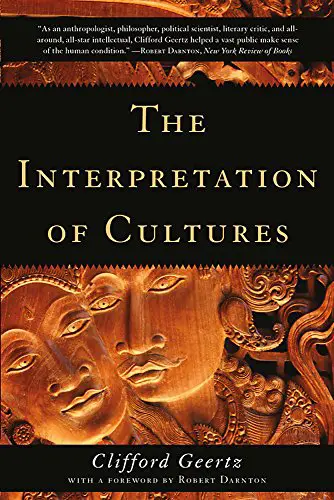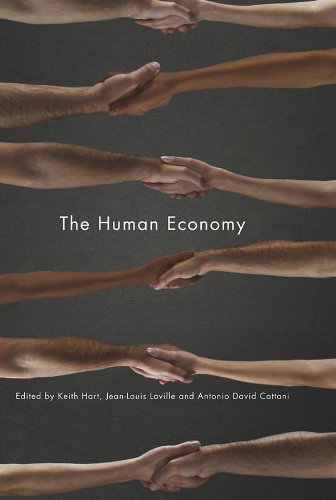In our rapidly globalizing world, understanding the intersection of economics and culture has never been more crucial. Enter economic anthropology – a discipline that provides invaluable insights into this complex relationship, bridging the gap between economics and culture.

What is Economic Anthropology?
Economic anthropology is a specialized subfield of anthropology that delves into the complex realm of human economic behavior.
This unique field employs a multidisciplinary approach, incorporating methodologies and theories from both economics and anthropology, to provide a comprehensive understanding of economic systems.
Rather than solely relying on quantitative data such as numbers and graphs, economic anthropology contextualizes these figures within the framework of cultural norms, societal structures, and historical precedents.

This holistic perspective allows for a deeper comprehension of economic phenomena, beyond the surface level of mere financial transactions.
Contrasting with mainstream economics, which predominantly focuses on market behaviors, economic models, and theories, economic anthropology extends its scope to highlight the diversity of economic practices across various cultures and societies.
It recognizes that economic activities do not exist in a vacuum but are intrinsically linked with cultural values, social relationships, and historical contexts.
Economic anthropology explores how people’s values, beliefs, and social relationships shape their economic decisions and actions.
By doing so, it underscores the fact that economic behaviors are not merely driven by rational calculations of profit and loss, but are also deeply influenced by cultural factors.
From gift-giving to bartering, from communal sharing to capitalist trading, this field reveals the myriad ways in which humans engage in economic activities, offering invaluable insights into the multifaceted nature of economies around the world.
In essence, economic anthropology bridges the gap between the economic and the social, blending the analytical tools of economics with the cultural sensitivity of anthropology. It enriches our understanding of economic life by shedding light on the social and cultural underpinnings of economic behavior.

The Cultural Dimensions of Economics
Economic anthropology provides a unique lens to view the complex interplay between economic behavior and culture. It underscores the profound influence that cultural norms, values, and societal structures exert on economic activities.
This perspective is vital in understanding the diversity of economic practices across different societies and cultures.
One fundamental concept that bears the imprint of cultural variation is money.
In the context of modern economies, money is typically perceived as a medium for buying and selling goods and services. However, this understanding is not universal. In certain cultures, money transcends its economic function and takes on a social role, serving as a tool for fostering relationships and maintaining social exchanges.
For instance, in some Pacific Island cultures, traditional forms of money like shell money or feather money are used in significant social ceremonies, such as marriages or funerals, reinforcing social bonds and obligations.
Such practices highlight how the concept of money can be embedded within a rich tapestry of social and cultural meanings beyond its basic economic function.
The cultural dimensions of economics also extend to perceptions of work, wealth, and consumption. These aspects, which are central to any economy, are profoundly shaped by the cultural contexts in which they exist.
For example, in many traditional societies, wealth is not gauged by individual accumulation of material possessions. Instead, it is measured by one’s contributions to the community, reflecting values of reciprocity and communal solidarity.
Consumption patterns also reflect cultural values, with some societies favoring modesty and sustainability over ostentatious displays of wealth and wastefulness.

Bridging the Gap
Economic anthropology plays a crucial role in bridging the gap between economics and culture. By focusing on the cultural dimensions of economic behavior, it offers a more holistic view of economic systems.
It underscores that these systems are not merely mechanical constructs driven by supply and demand or profit and loss. Instead, they are intricate social structures shaped by people with their unique cultural identities, social relationships, and ethical values.
This perspective illuminates how economic activities are embedded within broader cultural and social contexts.
For instance, it helps us understand why certain economic policies succeed in one cultural setting but fail in another.
Or why some business strategies are effective in one market but not in others.
These insights remind us that economic phenomena cannot be fully understood or predicted without taking into account the cultural factors at play.
Moreover, economic anthropology has significant practical implications.
It can inform policy-making and business strategies by providing a nuanced understanding of how cultural differences influence economic behavior.
For example, an economic policy aimed at promoting entrepreneurship can be more effective if it takes into account cultural attitudes towards risk-taking and innovation.
Similarly, a business strategy designed for a global market can be more successful if it considers cultural preferences and norms related to consumption and customer service.
By including cultural considerations in economic planning and decision-making, policy-makers and business leaders can design more inclusive and culturally sensitive economic policies and practices.
This can lead to better economic outcomes, such as higher economic growth, lower inequality, and greater customer satisfaction.

Key Concepts in Economic Anthropology
Economic Anthropology is a rich field of study that introduces several key concepts that help us understand the intersection of economics and culture. Here are some of the most important ones:
Embeddedness
The concept of ’embeddedness’ was introduced by Karl Polanyi, who argued that economic activities are not separate from social life but are deeply intertwined with it.
According to this theory, economic behaviors and institutions are embedded within broader social structures and cultural practices. This means that to fully understand economic phenomena, we have to look at the social relationships, cultural beliefs, and societal norms that surround them.
Informal Economy
The term ‘informal economy’ was coined by Keith Hart and refers to economic activities that are not regulated by the state or covered by formal labor laws.
This includes everything from street vending and home-based businesses to illegal activities like smuggling.
The informal economy is particularly significant in developing countries, where a large proportion of economic activity takes place outside the formal sector.
Understanding the informal economy helps us recognize the diversity and complexity of economic life beyond the boundaries of formal, state-regulated economies.
Gift Economy
A gift economy is a type of economic system where goods and services are not traded or sold, but rather given without an explicit agreement for immediate or future rewards.
This concept, studied extensively by Marcel Mauss, challenges traditional economic theories that assume that individuals always act out of self-interest.
In many cultures, gift-giving is a crucial part of social relationships and carries significant moral and symbolic meanings.
Subsistence Economy
A subsistence economy is one where people produce most or all of the goods they consume, often through hunting, gathering, or small-scale farming.
Marshall Sahlins’ work on ‘Stone Age Economics’ highlighted the richness and sustainability of these economies, challenging the notion that technological progress and economic growth are the only paths to prosperity.
Cultural Economy
The concept of ‘cultural economy’ emphasizes the influence of cultural beliefs and practices on economic behavior.
This perspective recognizes that economic activities are not just about making a living or accumulating wealth, but also about expressing cultural identities, fulfilling social obligations, and pursuing moral and aesthetic values.
Each of these concepts offers unique insights into the complex interplay between economics and culture. By exploring these concepts, economic anthropology provides a more nuanced and holistic understanding of economic life.
Influential Economic Anthropologists: Pioneers and Thought Leaders
Economic anthropology has been shaped by numerous scholars whose innovative ideas and pioneering research have greatly contributed to our understanding of the complex interplay between economics and culture.
Here are a few influential figures in the field:
Bronisław Malinowski
Bronisław Kasper Malinowski, a Polish-British anthropologist and ethnologist, is widely recognized as one of the most influential figures in the field of anthropology, particularly in economic and social anthropology.
His innovative research methods and insightful theories have had a profound impact on the discipline.
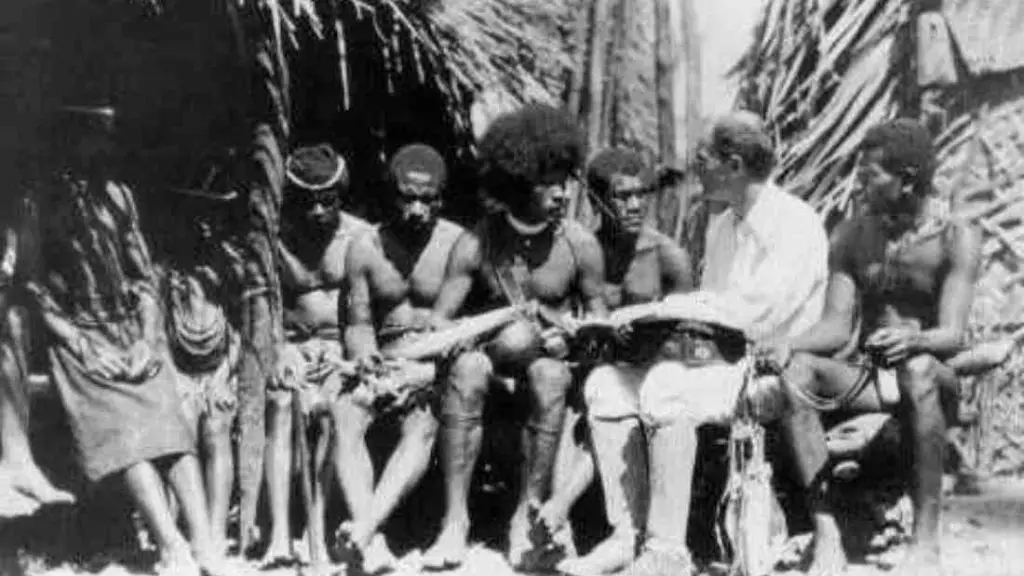
Malinowski is often hailed as the “father of field research” due to his pioneering use of immersive ethnographic practices.
During World War I, he spent a significant amount of time conducting fieldwork in the Trobriand Islands, an archipelago located in the Solomon Sea off the eastern coast of Papua New Guinea.
This intensive and immersive approach to research, which later became fundamental to anthropological study, allowed him to gain a deep understanding of the local culture, society, and economy.
One of Malinowski’s key contributions to economic anthropology was his study of the Kula Ring, a complex ceremonial exchange system practiced by the Trobriand Islanders.
Unlike traditional Western economic theories that focus on monetary transactions and individual profit, the Kula Ring revolves around the reciprocal exchange of symbolic goods for the purpose of establishing and reinforcing social relationships.
This system challenged prevailing Western economic theories by highlighting the social and cultural dimensions of economic behavior.
In addition to his work on the Kula Ring, Malinowski is also known for developing the theory of functionalism. This theoretical framework suggests that every aspect of a culture, including its economic practices, serves specific social functions and contributes to the overall stability of the society.
Marshall Sahlins
Marshall Sahlins, an American anthropologist and ethnographer, has made significant contributions to the field of economic anthropology. He is renowned for his groundbreaking work, ‘Stone Age Economics‘, which continues to influence contemporary research in anthropology, economics, and related fields.

‘Stone Age Economics’, first published in 1974, is a collection of six influential essays that examine the economic systems of early human communities.
In this seminal work, Sahlins explores notions of production, distribution, and exchange, highlighting the intricate relationships between economic practices and cultural and social factors.
This perspective challenges traditional economic theories that often overlook these connections.
One of the most notable concepts introduced by Sahlins in ‘Stone Age Economics’ is the ‘Original Affluent Society’.
Contrary to the common perception of hunter-gatherer societies as impoverished and constantly struggling for survival, Sahlins argued that these societies were in fact affluent.
He posited that their affluence was not due to an abundance of resources, but rather to their low consumption needs and sustainable lifestyle. This theory sparked a major rethinking of the nature of economic life in early human societies and continues to be a topic of debate and discussion among scholars.
Karl Polanyi
Karl Polanyi, a Hungarian-American political economist, is another prominent figure in the field of economic anthropology. His influential work, ‘The Great Transformation‘, has become a cornerstone of the discipline and continues to shape contemporary research.
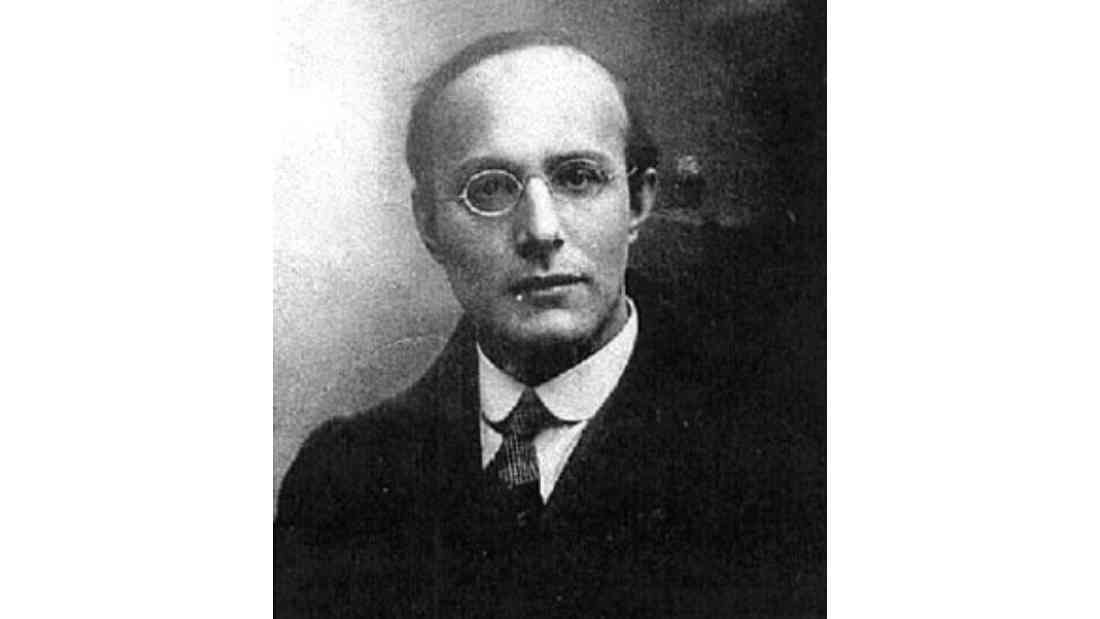
‘The Great Transformation’, first published in 1944, is a comprehensive analysis of the rise and impact of the market economy in the 19th century.
Polanyi’s critical examination of the economic and social changes brought about by this transformation offers a profound critique of the self-regulating market and its effects on society.
One of Polanyi’s most significant contributions in ‘The Great Transformation’ is the concept of ’embeddedness.’
This theory argues that economies are not separate entities operating independently of society. Instead, they are deeply embedded within social institutions and are shaped by social relationships, cultural norms, and political factors.
This perspective challenges traditional economic theories that view the economy as an autonomous domain governed by its own laws.
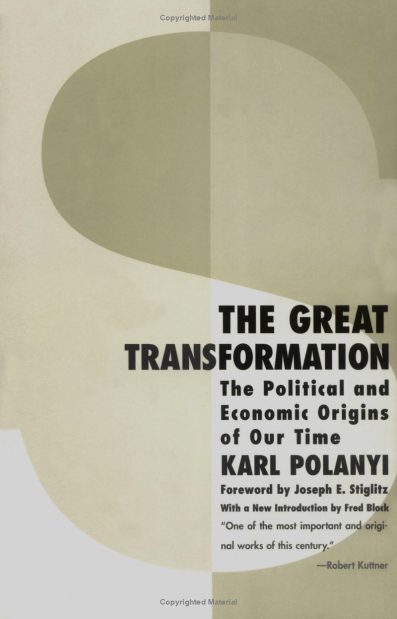
Polanyi’s concept of ’embeddedness’ has been instrumental in shaping economic anthropology by highlighting the importance of social and cultural factors in understanding economic phenomena.
It has also influenced other fields such as sociology and political science, where it has been used to analyze the interplay between economic practices and social structures.
In addition to ‘The Great Transformation’, Polanyi is also known for his work on the ‘double movement’ theory, which describes the tension between the market’s demands for self-regulation and society’s need for social protection.
Clifford Geertz
Clifford James Geertz, an American anthropologist renowned for his work on cultural symbols and meaning, made significant contributions to the field of anthropology.
Born on August 23, 1926, in San Francisco, California, Geertz is remembered for his profound insights into non-Western societies and his innovative approach to anthropological research.
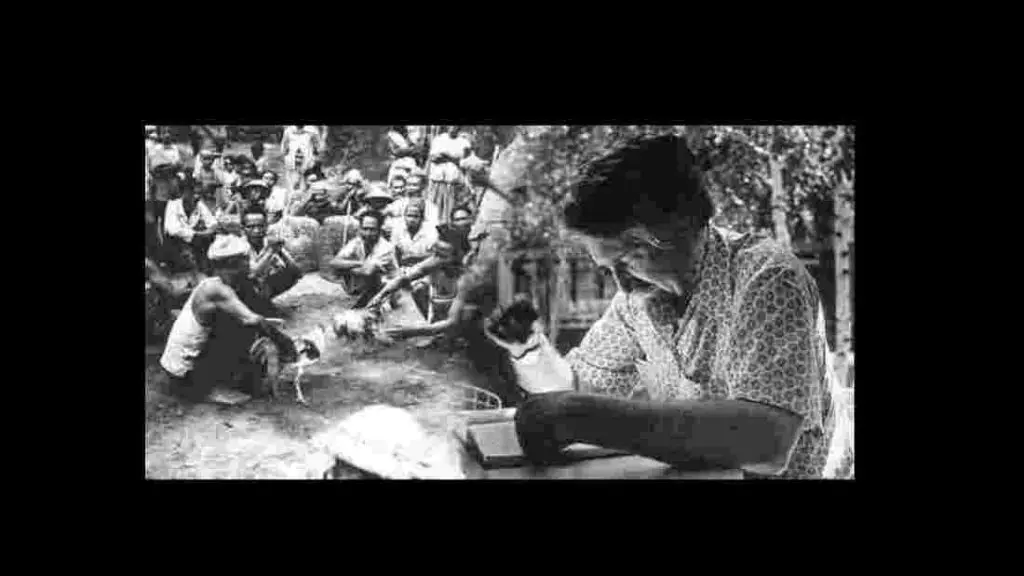
Early in his career, Geertz critiqued the scientific models widely used in the social sciences, rejecting the causal determinism that often characterized these approaches. He was a champion of symbolic anthropology, which emphasizes the role of thought, or “symbols”, in society.
Geertz is perhaps best known for his work on bazaar-type economies in Morocco and Indonesia.
His studies provided valuable insights into the complexities of economic life in these societies, challenging Western-centric perspectives and highlighting the diversity of economic systems.
His research underscored the importance of understanding local cultures, traditions, and social norms in interpreting economic behaviors.
One of Geertz’s most influential concepts is ‘thick description‘, a methodological approach he pioneered.
This approach calls for detailed, contextualized, and interpretive accounts of social phenomena, rather than reductive, abstract explanations.
‘Thick description’ has had a profound impact on the field of anthropology, emphasizing the need to understand cultural practices in their specific contexts.
Geertz’s work laid the foundation for the development of interpretive anthropology, which focuses on understanding societies from the perspective of the people who live within them. His seminal book, ‘The Interpretation of Cultures‘ published in 1973, encapsulates this approach and remains a key text in anthropology7.
Throughout his career, Geertz held several distinguished positions, including Professor Emeritus of Social Science at the Institute for Advanced Study in Princeton. He passed away on October 30, 2006, leaving behind a rich legacy of groundbreaking research and theory in anthropology.
Keith Hart
Keith Hart, a British anthropologist and writer, has made significant contributions to the field of economic anthropology. His research has focused primarily on economic anthropology, with particular emphasis on informal economies in developing countries.
Hart is widely recognized for coining the term ‘informal sector’ in his groundbreaking study on urban labor markets in West Africa.
This concept refers to economic activities that are not regulated by the state and are often overlooked in official statistics. Examples include street vending, unregistered small businesses, and casual labor.
His work has shed light on the importance and prevalence of informal economies, particularly in developing countries where formal job opportunities may be limited.
Hart argues that these economies play a crucial role in poverty alleviation, income generation, and social integration, and should therefore be recognized and integrated into economic analysis and policy-making.
Hart’s research has significantly influenced our understanding of economic systems, challenging conventional views and highlighting the diversity and complexity of economic practices. His work underscores the need for a more inclusive and nuanced approach to economics, one that takes into account the realities of people’s everyday lives.
In addition to his research on informal economies, Hart has also contributed to debates on money, markets, and globalization. His writings explore the changing nature of money in the context of global capitalism and the impact of these changes on societies and individuals.
Maurice Godelier
Maurice Godelier, born on February 28, 1934, is a renowned French anthropologist known for his influential work in Marxist anthropology.

Godelier has made significant contributions to the field of anthropology, specifically in understanding the relationship between economic structures and social relations.
His research is grounded in the belief that economies are not autonomous entities but are fundamentally shaped by social relations. Conversely, these social relations themselves are influenced and transformed by economic conditions.
An advocate of structural Marxism, Godelier has extensively studied and written about the intricate interplay between economic systems and societal structures. He proposed that society must adapt to changing economic circumstances, thereby underscoring the dynamic nature of social structures.
Godelier’s research has taken him to various parts of the world, most notably Papua New Guinea, where he conducted fieldwork among the Baruya tribe. His studies provided invaluable insights into the complexities of non-Western societies and the diverse forms of economic systems that exist within them.
Among his numerous publications, “The Enigma of the Gift” stands out as a seminal work. In this book, Godelier reassesses the significance of gifts in social life, focusing on their role in building and maintaining social relationships.
In recognition of his contributions to the discipline, Godelier has received several prestigious awards, including the CNRS Gold Medal and the Alexander von Humboldt Prize.
Karen Ho
Karen Ho, an esteemed American anthropologist, made significant strides in the field of economic anthropology, particularly within the realm of finance.
Ho’s groundbreaking research centers on Wall Street, the heart of global finance. Through her extensive ethnographic study, she provides a unique lens into the culture of finance, revealing how cultural beliefs, practices, and ideologies shape financial markets and contribute to economic crises.
Her work notably punctures the abstract aura of all-powerful markets, offering a nuanced understanding of financial booms and busts. By delving deep into the everyday practices and beliefs of financial professionals, Ho illuminates how Wall Street’s culture of risk and reward not only influences financial transactions but also shapes wider economic realities.
One of Ho’s most influential works is “Liquidated: An Ethnography of Wall Street“6.
In this seminal book, she offers an in-depth account of Wall Street, exploring its culture, practices, and ideologies. The book provides a critical analysis of how financial markets are constructed and operate, shedding light on the often overlooked cultural dimensions of financial activities.
In addition to her scholarly work, Ho actively engages with broader audiences, discussing the implications of her research for understanding business and power. Her insights have proven invaluable in dissecting the complexities of global finance and its impact on society.
Karen Ho’s innovative approach to the anthropology of finance continues to shed light on the complex dynamics of global finance. Her work underscores the profound influence of cultural factors on economic phenomena, making a pivotal contribution to our understanding of contemporary financial systems.
Conclusion
In conclusion, economic anthropology plays a vital role in our understanding of the global economy.
By bridging the gap between economics and culture, it provides a more holistic and nuanced view of economic behavior, one that recognizes the diversity and complexity of human economic practices.
As we navigate the challenges and opportunities of a globalized world, such insights will be increasingly important.
In the words of Clifford Geertz, “Man is an animal suspended in webs of significance he himself has spun.” Economic anthropology is the study of one such significant web – the economy – and how it is spun from the threads of both economic and cultural life.

Frequently Asked Questions About Economic Anthropology
Economic Anthropology is a subfield of anthropology that examines how people in different cultures understand, produce, and use economic resources. It looks at economics from a social and cultural perspective, focusing on how cultural beliefs and practices shape economic behavior.
Notable figures in Economic Anthropology include Bronisław Malinowski, Karl Polanyi, Marshall Sahlins, Clifford Geertz, Keith Hart, Maurice Godelier, and Karen Ho. Their research has significantly contributed to our understanding of the interplay between culture and economics.
While mainstream Economics often assumes rational, self-interested behavior and uses mathematical models to predict economic outcomes, Economic Anthropology emphasizes the influence of social and cultural factors on economic behavior. It uses ethnographic research methods to study economic phenomena in their cultural and social contexts.
Key concepts in Economic Anthropology include ’embeddedness’ (the idea that economic activities are deeply intertwined with social institutions), ‘informal economy’ (economic activities that are not regulated by the state), and ‘cultural economy’ (the influence of cultural beliefs and practices on economic behavior).
By providing a nuanced understanding of how cultural differences affect economic behavior, Economic Anthropology can help policy-makers and business leaders design more effective and culturally sensitive economic policies and practices. This can lead to better economic outcomes and greater inclusivity.
Economic Anthropology helps us understand how globalization affects and is affected by local cultures. For example, it can shed light on how global economic forces impact local economies and societies, or how cultural differences influence global trade and investment patterns.



